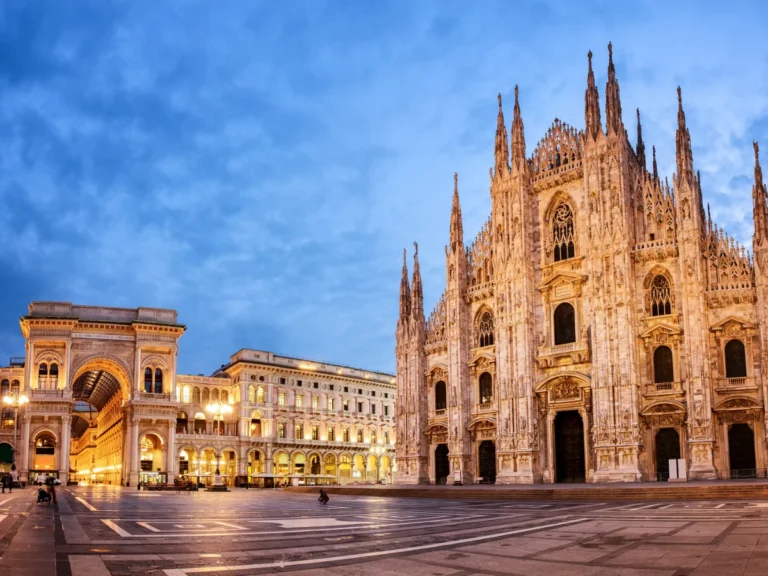Obtaining Italian citizenship involves diverse paths
Obtaining Italian citizenship involves diverse paths: descent, marriage, naturalization, or specific cases like birth in Italy. Each avenue has distinct requirements and procedures. Citizenship may also be granted to refugees, stateless persons, and children born to Italian citizens. Understanding these options helps individuals navigate the process effectively. Whether through familial ties, residency, or exceptional circumstances, acquiring Italian citizenship offers access to the country’s rich culture and opportunities.

Obtaining Italian citizenship involves diverse paths
Obtaining Italian citizenship is possible through various avenues, each with its own requirements and procedures.
1. Descent: If at least one of your parents is an Italian citizen, regardless of where you were born, you may be eligible for Italian citizenship by descent.
2. Marriage: Marrying an Italian citizen does not automatically grant citizenship, but it can lead to eligibility after a certain period of legal residence in Italy.
3. Naturalization: To become an Italian citizen through naturalization, you typically need to have legally resided in Italy for a certain number of years, usually 10 years, although this duration can be shorter in some cases.
4. Citizenship for Refugees: Refugees who have been granted asylum in Italy may apply for citizenship after legally residing in the country for a specified period.
5. Citizenship for Stateless Persons: Stateless individuals who have been legally residing in Italy for a certain period may be eligible to apply for citizenship.
6. Birth in Italy: If you were born in Italy to non-Italian parents, you can acquire Italian citizenship under certain conditions, such as if your parents are stateless or unable to transmit their nationality.
7. Citizenship for Children: Children born to Italian citizens automatically acquire Italian citizenship, regardless of where they are born, but certain procedures may need to be followed to register the birth.
8. Special Cases: There are specific provisions for individuals who have rendered exceptional services to Italy or have made significant investments in the country, which may qualify them for expedited citizenship.
Transitioning Between Categories
It’s essential to note that individuals may transition between these categories. For example, someone who initially obtains residency in Italy through marriage may later become eligible for citizenship through naturalization after meeting the residency requirements.
Conclusion
Navigating the complexities of Italian citizenship can be challenging, but understanding the various pathways available can help individuals determine the most suitable option for their circumstances. Whether through descent, marriage, naturalization, or other means, obtaining Italian citizenship opens doors to the rich cultural heritage and opportunities that Italy has to offer.
